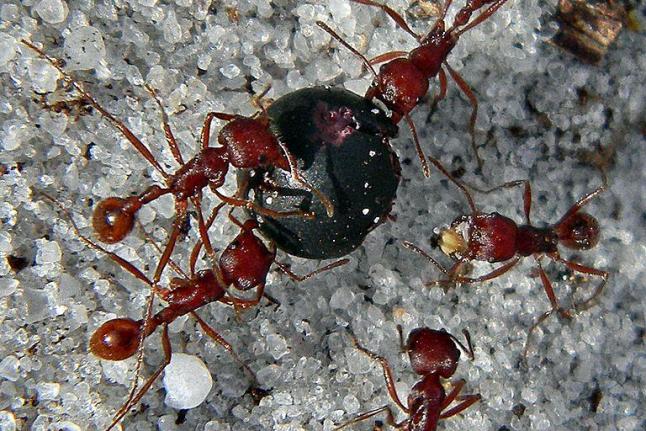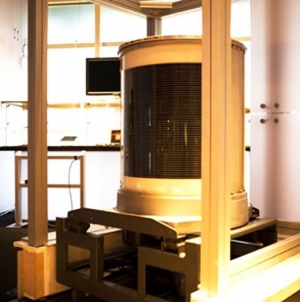-
Tips for becoming a good boxer - November 6, 2020
-
7 expert tips for making your hens night a memorable one - November 6, 2020
-
5 reasons to host your Christmas party on a cruise boat - November 6, 2020
-
What to do when you’re charged with a crime - November 6, 2020
-
Should you get one or multiple dogs? Here’s all you need to know - November 3, 2020
-
A Guide: How to Build Your Very Own Magic Mirror - February 14, 2019
-
Our Top Inspirational Baseball Stars - November 24, 2018
-
Five Tech Tools That Will Help You Turn Your Blog into a Business - November 24, 2018
-
How to Indulge on Vacation without Expanding Your Waist - November 9, 2018
-
5 Strategies for Businesses to Appeal to Today’s Increasingly Mobile-Crazed Customers - November 9, 2018
Ants could use their insane sense of smell to find enemies
So how do ants detect an intruder or an enemy has infiltrated their colony?
Advertisement
A team of research scientists at the University of California has studied ant colonies and have made a startling discovery that ants use their strong smelling power as a tool to protect their colonies. The ants’ sense of smell was so refined – much better than humans’, for example – that they could even distinguish between two molecules with the same chemical formula that differed “only ever so slightly”.
Firstly, the ants can find out whether the individual next to them is a friend or not.
“What we wanted to study was how ants detect sophisticated pheromones which organize their behaviors efficiently into colonies, and help recognize individuals from different castes, the queen, and nonnestmate intruders”, he explains. They have the ability to carry giant amounts of weight over their nearly invisibly thin shoulders, they are perfectly organized, they cope well with aggressive weather and they are experts at sniffing out body odor, according to a new, extensive study.
“To our surprise we found that these very low volatility compounds are not only detected sensitively by the ants” specialized antennal sensors, but nearly all of the hydrocarbon components are detected”, Anandasankar Ray, a neuroscientist and an associate professor of entomology at Riverside, said in a press release.
Ants’ ability to distinguish their colony-mates’ body odors is similar to a sommelier’s ability to sniff a glass of wine and tell the difference “between a Chardonnay and a Pinot Noir”, Ray said.
The hydrocarbons and pheromones might be acting as a sort of “chemical barcode”, the researchers say, allowing individual ants to identify and recognize other ants in the nest and their status as workers or queens – or perhaps invaders. Their method allowed them to determine exactly which chemicals triggered a response in the ants’ sensory system, a level of detail that had never been achieved before. The hypothesis suggested that ants aren’t sensitive enough to pick up hydrocarbons from nestmates with which they share too many pheromones.
Advertisement
“This is a remarkable evolutionary solution for “social networking” in large colonies”, Ray said. They conducted an experiment by providing the ant the choice between a hydrocarbon mixed with a sugar reward and one blended with plain water. “They are able to tell the difference between a hydrocarbon with 25 carbon atoms versus 24 atoms”. They were able to not only detect hydrocarbons, but understand the very delicate blends they can form. This ability apparently allows individuals to recognize those ants that are very close to them within the crowded colony. Now researchers reporting August 13 in Cell Reports have discovered that when it comes to assessing body odors, ants really don’t miss a thing.





























